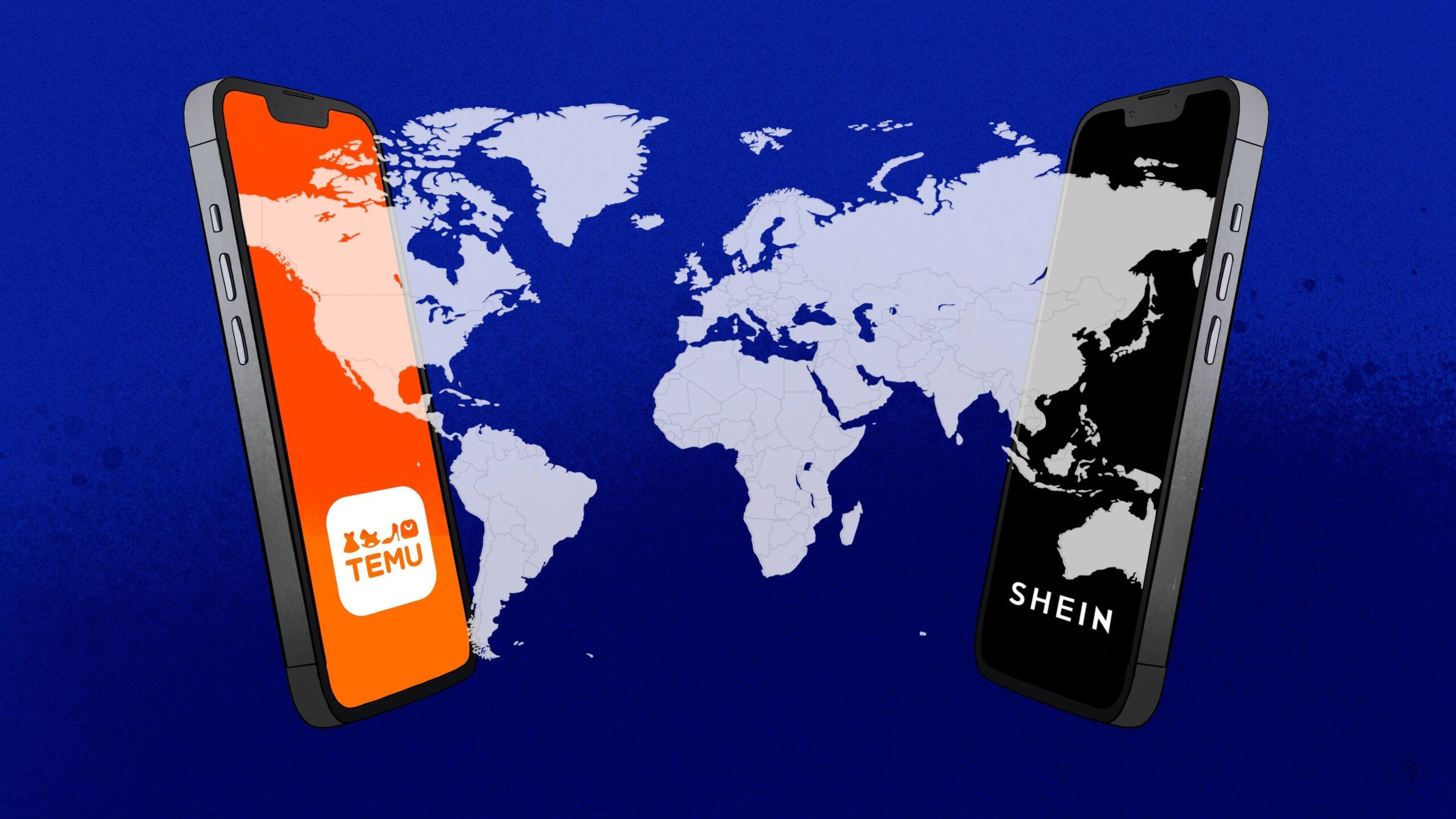In the ever-changing market of e-commerce giants two names have been spotted as potential contenders to the supremacy of affordability and popularity: Temu and Shein. Both companies are well-known for their fast rise and reputation as affordable products. However, just like any comparison, it’s crucial to look deeper into the intricate details of their business models in order to truly understand whether Temu is similar to Shein, or if they’re distinct two players in the realm of e-commerce.
The rising and falling of temu
Temu’s rise to prominence has undoubtedly drawn parallels with the story of success for Shein. Both companies have experienced exponential increase in sales and attracted the attention of shoppers who are budget conscious. Their appeal lies in the price of their merchandise, allowing people to be fashionable without breaking the budget. This has led some to question what is the difference between Temu and Shein constructed from the same material?

Similarities and differences
The products of Shein and Temu are comparable in that each offer affordable prices, but they aren’t alike. Temu with its ingenuous Next-Gen Manufacturing model stands out for delivering substantial savings across different categories of products. The model uses modern manufacturing methods that simplify production, reducing overhead and transferring the savings to the end-users.
Shein is well-known for its fast-fashion approach and focuses mainly on clothing accessories, clothing, and related items. Its popularity lies in staying up-to-date with the latest trends and offering an array of choices to satisfy a range of preferences. This emphasis on fashion and other related verticals such as accessories or beauty has allowed Shein to make a name for itself. For more information, click Shein vs Temu
Models of business under the spotlight
Temu’s Next-Gen Manufacturing model deserves a closer look. Temu optimizes the supply chain and manufacturing processes by leveraging the latest technologies, including AI data analytics, data analytics and automation. It helps them reduce manufacturing costs while maintaining high-quality. Temu can offer an array of goods in various categories such as household items to electronic at very competitive price. This is what differentiates Temu from Shein which focuses its efforts mostly on fashion and derivatives.
Shein has a wide selection of fashion styles, but its business model is based on the continuous updating its inventory to match the ever-changing fashion preferences. It requires fast design, production and distribution cycles. This method has definitely contributed to its popularity especially with younger customers looking for trendy items at reasonable prices.
Ownership is important
The question of whether Shein owns Temu has generated many questions. However, this notion is not the truth. Temu and Shein regardless of superficial similarities or comparisons, are separate entities. They have separate ownership structures. Temu is an independent company in the realm of e-commerce, that is focused on its unique manufacturing process, whereas Shein is a distinct brand, recognized for its trendy products.
Takeaway
It’s easy to draw parallels between businesses with a similar development plans in the turbulent sea of ecommerce. But, the story of Temu and Shein illustrates that despite the similarities, the differences are deep. Their differing approaches to business, production and focus on market highlight their individuality.
Temu’s Next-Gen Manufacturing is a great illustration of how to innovate across the industry of ecommerce. By harnessing technology to optimize the efficiency of its operations, Temu not only reduces costs, but also raises its level of affordability across a wide array of product categories. Shein however, on the other hand is known for its devotion to fashion trends. The rapid turnover of products also cements its status as a top player in the field of fashion-related ecommerce.
Temu and Shein are two companies that serve customers who value their money. However, the terrain of e-commerce is quite different. Although both companies cater for consumers who are price conscious, their strategies and business plans as well their areas of expertise are drastically different. Temu’s manufacturing experience and Shein speed-fashion savvy show the diversity within the ecommerce ecosystem. As both online and consumer we should take the time to appreciate the distinctness of each platform, and discover the constantly expanding realm of online shopping.